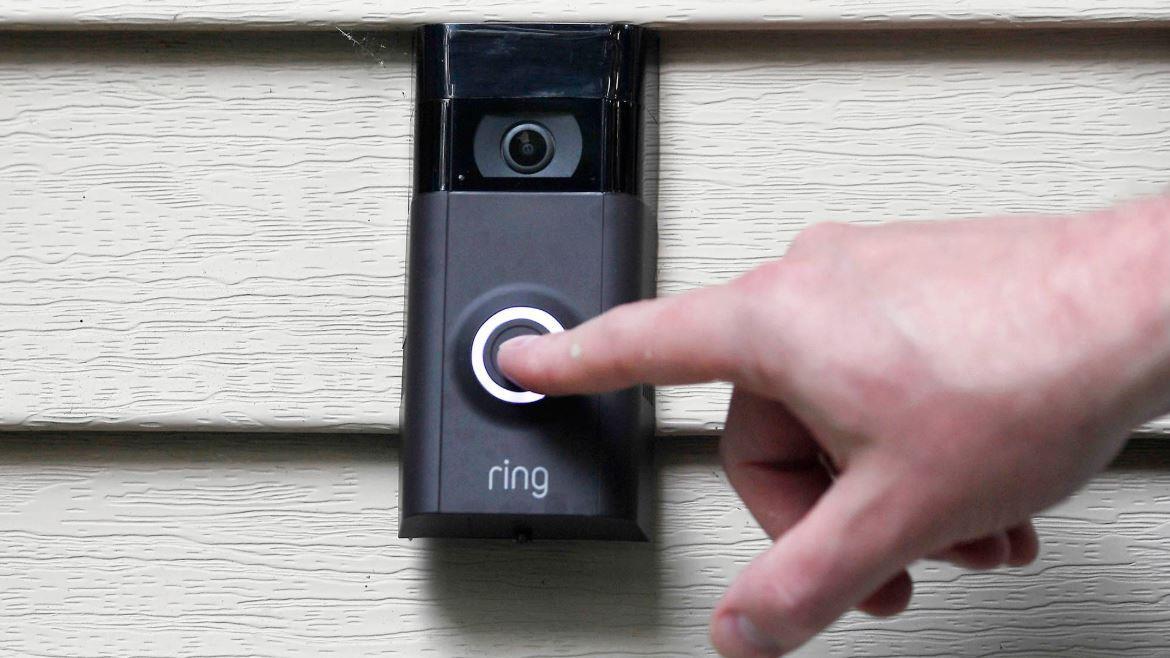Coronavirus outbreak leads hackers to target people working from home
Cyber attacks, malware, phishing emails common currently
With millions of Americans being encouraged to work from home during the coronavirus pandemic, an unfortunate side effect is taking place.
The Cyberguy Kurt Knutsson told FOX Business' Cheryl Casone on Friday hackers are targeting remote workers' devices.
Some are baiting victims with an identical copy of an interactive Johns Hopkins coronavirus outbreak map while others are tricking people into downloading a bogus COVID-19 tracker. The scams even threaten to erase everything and leak social media accounts if a ransom is not paid within 48 hours.
AS CORONAVIRUS SCAMS SPREAD, HERE'S HOW TO PROTECT YOURSELF
If you are concerned about falling victim to these threats, security engineer Maya Levine recommends securing devices like smart speakers, doorbells and WiFi accounts.
"Change the default username and password," Levine said. "If you leave that default on there, you're basically leaving your front door unlocked."
There is tech out there that can help secure your situation, as well.
GET FOX BUSINESS ON THE GO BY CLICKING HERE
Hack Trap automatically protects your home and locks out ongoing internet scams and threats. It plugs in ahead of your cable or DSL modem.
Last week, the Cybersecurity and Infrastructure Security Agency pointed to potential weaknesses in people's virtual private networks

Man working late at his home (iStock) (iStock)
. VPNs allow employees to remotely access their organizations' networks using a series of verification methods. While this might make telecommuting easier, it's also an enticing avenue for hackers to procure personal information.
CORONAVIRUS-THEMED MALWARE IS SPREADING. HERE'S HOW TO AVOID IT
More people are searching for coronavirus-related terms and precautionary measures, which led the Better Business Bureau (BBB) and the Federal Trade Commission (FTC) to issue alerts warning people of COVID-19-related scam emails and texts in mid-February.
One phishing email reviewed by the BBB says "the government has discovered a vaccine but is keeping it secret for 'security reasons'" despite the fact that this is largely false, the alert says. The email then links to a fraudulent website that asks for credit card information.
Similar intelligence from cybersecurity research company Check Point Research found that the number of internet domain names that include coronavirus-related words had jumped in mid-February, meaning bad actors are creating fraudulent websites related to the new virus outbreak to trick curious users into giving up sensitive information or downloading viruses by accident.
Fortune outlined precautions workers can take when operating from home, including the expected don't click on links from people you do not know. Also, if you put your mouse over a link, you can verify it's from a trusted source.
CLICK HERE TO READ MORE ON FOX BUSINESS
This report contains material from previous FOX Business articles.























